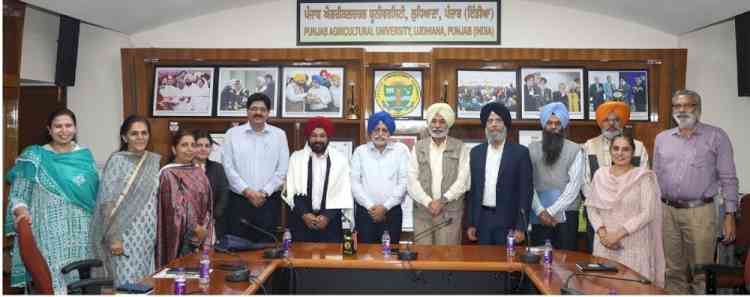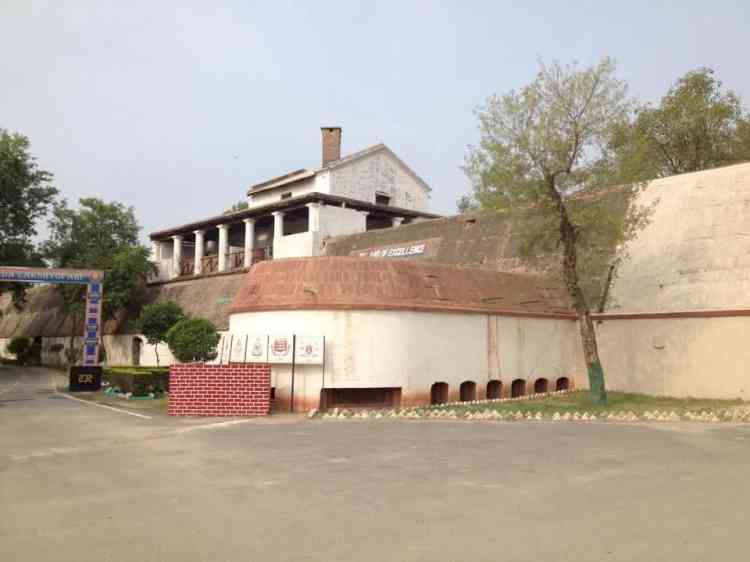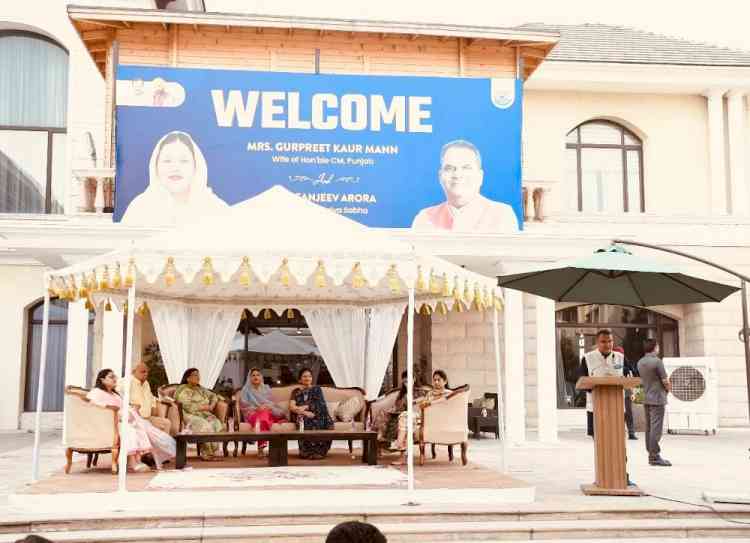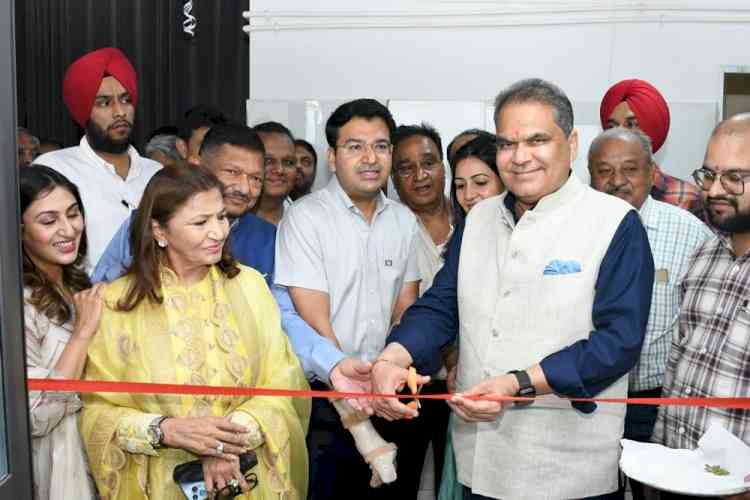PAU explores research collaboration with USDA’s SHRS
Dr. Sukhwinder Singh, a distinguished alumnus of Punjab Agricultural University (PAU) and currently the Research Leader at the United States Department of Agriculture – Agricultural Research Service (USDA-ARS), Subtropical Horticulture Research Station (SHRS) in Miami, Florida, USA, engaged in a productive discussion with PAU’s Vice-Chancellor, Dr. Satbir Singh Gosal. The interaction, held in the presence of senior university officers, plant breeders, and biotechnologists, focused on advancements and collaboration in agricultural research.

Ludhiana, November 14, 2024: Dr. Sukhwinder Singh, a distinguished alumnus of Punjab Agricultural University (PAU) and currently the Research Leader at the United States Department of Agriculture – Agricultural Research Service (USDA-ARS), Subtropical Horticulture Research Station (SHRS) in Miami, Florida, USA, engaged in a productive discussion with PAU’s Vice-Chancellor, Dr. Satbir Singh Gosal. The interaction, held in the presence of senior university officers, plant breeders, and biotechnologists, focused on advancements and collaboration in agricultural research.
Highlighting his role, Dr. Singh shared that SHRS aims to support agricultural industries in the southern United States with research focused on tropical and subtropical crops and strategies to control exotic plant pests. He underscored the need to leverage technology effectively in agriculture, emphasizing that “any underutilized technology is a burden on taxpayers.”
According to him, agricultural solutions must be locally tailored yet broadly applicable for maximum efficiency and impact.
Dr. Singh provided insights into USDA-ARS's active cacao breeding program, which aims to develop disease-resistant, high-yielding cacao varieties with exceptional quality traits. The station also undertakes ornamental plant research, particularly in palms, cycads, and the amaryllis family, alongside maintaining one of the largest global sugarcane collections.
Addressing pest control efforts, Dr. Singh discussed SHRS's work in identifying semiochemicals to create effective lures and trapping systems against invasive tropical fruit flies, a significant threat to U.S. agriculture. He also suggested that Punjab could benefit from adopting a similar model of crop association-funded research, ensuring that research is demand-driven and beneficial to stakeholders.
Dr. Gosal expressed PAU’s commitment to forming partnerships that align with its goals and promote cross-disciplinary, international collaboration, underscoring that “insularity can hinder institutional progress.” Dr. Sukhwinder Singh assured his support in facilitating access to SHRS’s extensive germplasm resources of over 10,000 horticultural and ornamental species for PAU’s research endeavors.
The session was coordinated by Dr. Vishal Bector, Associate Director of Institution Relations at PAU, fostering new potential pathways for international research collaboration.


 City Air News
City Air News 








